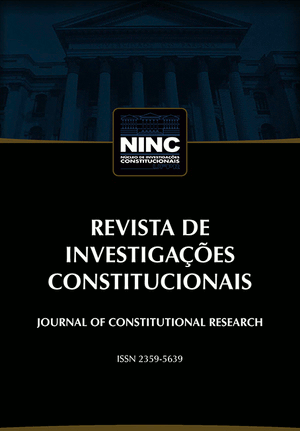Abstract
The current scholarly focus on informal constitutional amendment has obscured the continuing relevance of formal amendment rules. In this article, I return our attention to formal amendment in order to show that formal amendment rules-not formal amendments but formal amendment rules themselves-perform an underappreciated function: to express constitutional values. Drawing from national constitutions, in particular the Canadian, South African, German, and United States constitutions, I illustrate how constitutional designers may deploy formal amendment rules to create a formal constitutional hierarchy that reflects special political commitments. That formal amendment rules may express constitutional values is both a clarifying and a complicating contribution to their study. This thesis clarifies the study of formal amendment rules by showing that such rules may serve a function that scholars have yet to attribute to them; yet it complicates this study by indicating that the constitutional text alone cannot prove whether the constitutional values expressed in formal amendment rules represent authentic or inauthentic political commitments.
Keywords:
constitutional amendment rules; formal amendment rules; constitutional values; constitutional hierarchy; formal entrenchment
